Hundreds more cases in Shropshire baby deaths review
- Published
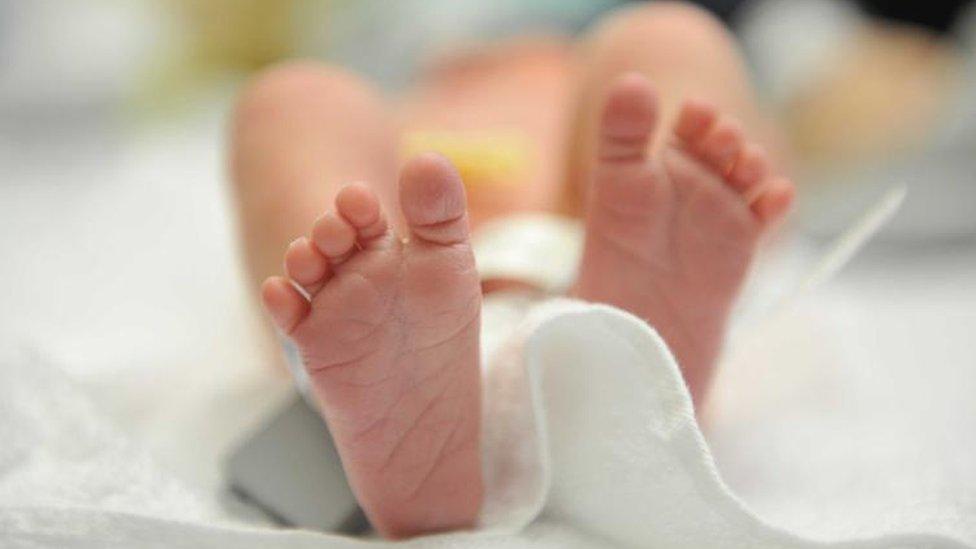
New cases are understood to include still births and deaths of babies in the final stages of labour
The number of cases uncovered by a maternity review at hospitals in Shropshire has more than doubled.
In 2017, then Health Secretary Jeremy Hunt announced an investigation into avoidable baby deaths at SaTH, which runs Royal Shrewsbury Hospital and Telford's Princess Royal.
NHS Improvement has now asked for the total of deaths, still births and babies with brain damage since 1998.
It said they were not necessarily the result of sub-standard care.
BBC Social Affairs Correspondent Michael Buchanan said 300 new cases of concern had come to light since NHSI asked SaTh for details on all cases of potential errors.
The independent review, being led by midwife Donna Ockenden, was already investigating 250 cases.
It initially focused on 23 cases in which maternity failings were alleged.
But by March, 250 families had come forward, although it is understood not all the cases related to death or serious harm.
The trust, which was put into special measures in November, was also made subject to "further urgent action" in May amid safety concerns over emergency and maternity services, following an inspection by the Care Quality Commission (CQC).
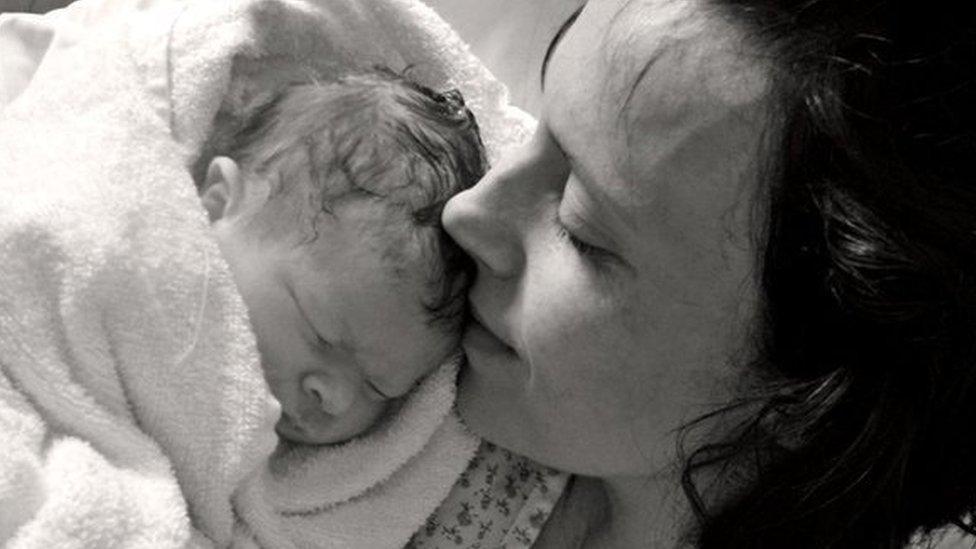
Rhiannon Davies pictured with her daughter Kate, who was born at Ludlow Community Hospital
Rhiannon Davies, whose baby Kate died in 2009, said she was "shocked but not surprised" by an increase in numbers.
"The Ockenden Review team continues to have my full support and needs to be given full and public support from the Department of Health down," she said.
"Whilst any increase in numbers will likely result in another delay to the official findings of the review, I am prepared to wait - because this has to be done once and done properly for the sake of everyone affected."
An NHSI spokesman said: "As part of the independent Ockenden Review, the trust was requested to share all potentially relevant information relating to maternity to establish if any more cases should be included in this investigation so that all families are given the answers they need and lessons are learned."

Analysis
By BBC Social Affairs Correspondent Michael Buchanan
NHS regulators have had to be dragged to acknowledge the potential scale of failings at this trust.
The original inquiry was instigated by two sets of parents going through newspaper clippings, and forcing the then health secretary to recognise their concerns and set up what has become known as the Ockenden Review.
These new cases were uncovered after NHSI finally put pressure on the trust last autumn to open up its books, rather than relying on families to highlight their own cases.
However, they didn't turn the screw until more than 18 months after Jeremy Hunt asked regulators to investigate the problems.
Not everyone whose case is being highlighted will have been failed.
But there was clearly a cultural problem at this trust, spanning more than a decade, that allowed far too many errors to be committed, allowed healthy babies to die or to be harmed unnecessarily.
The potential scale of those mistakes is now, perhaps finally, being revealed.

Follow BBC West Midlands on Facebook, external, on Twitter, external, and sign up for local news updates direct to your phone, external.
- Published24 June 2019
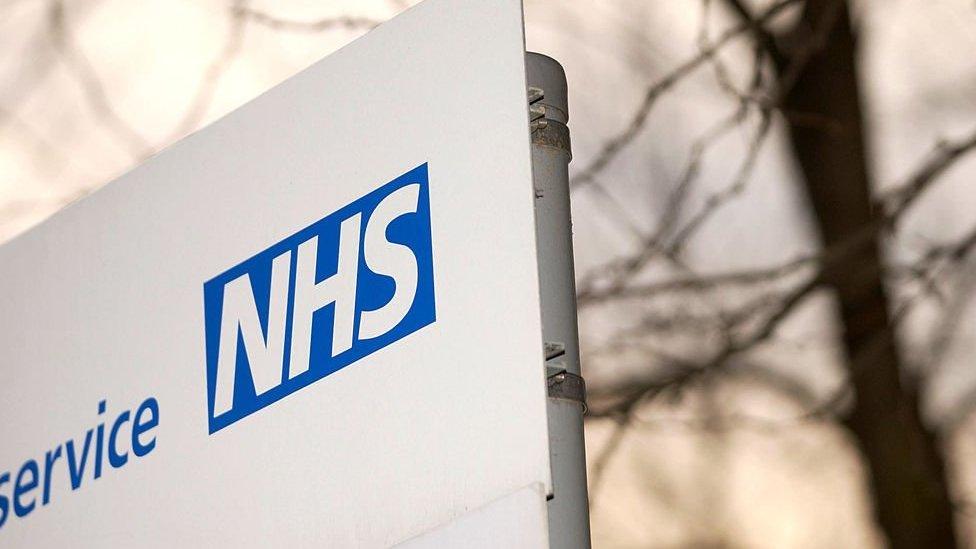
- Published21 June 2019
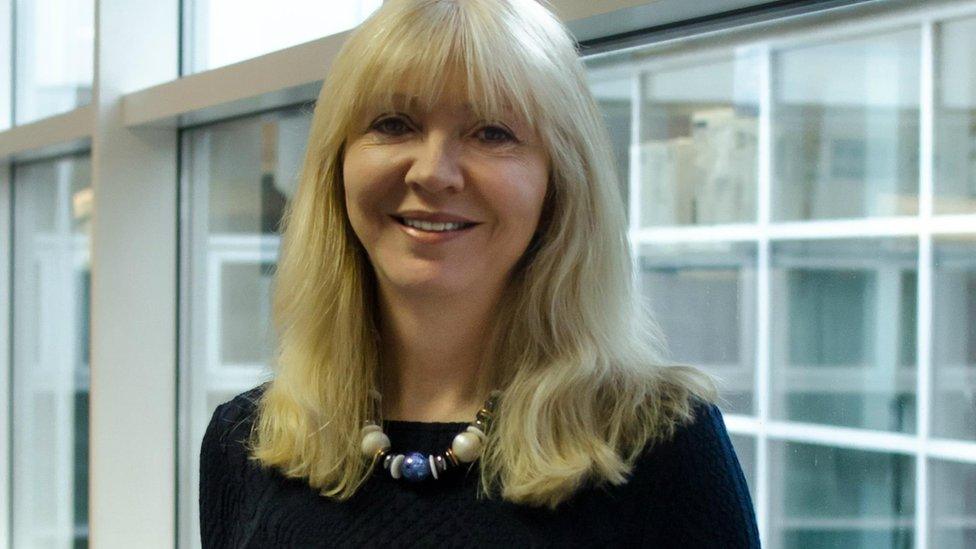
- Published3 June 2019
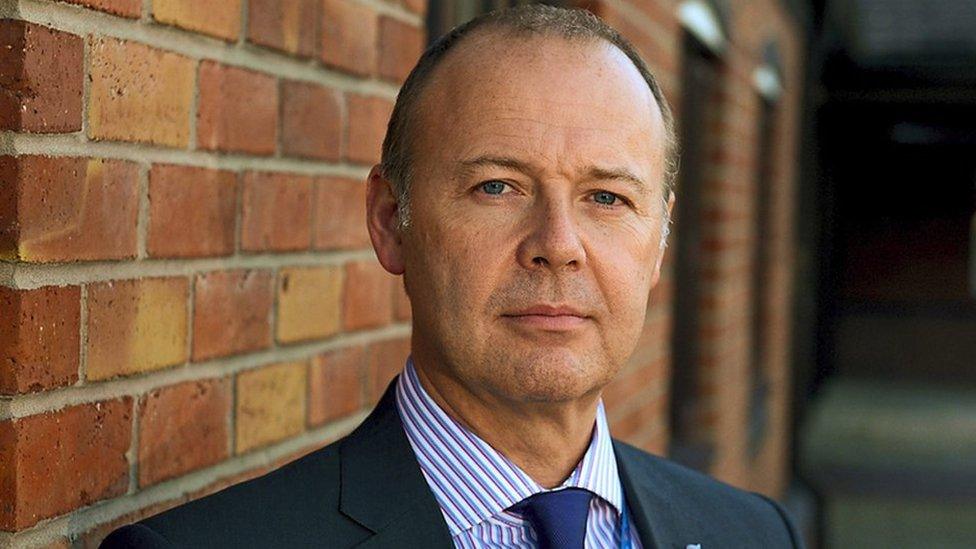
- Published12 March 2019

- Published30 June 2020
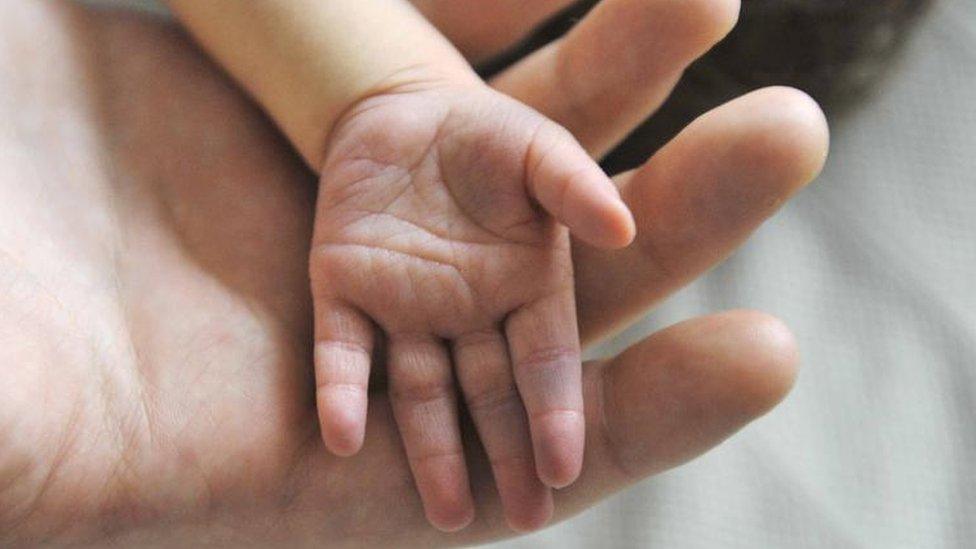
- Published14 November 2018
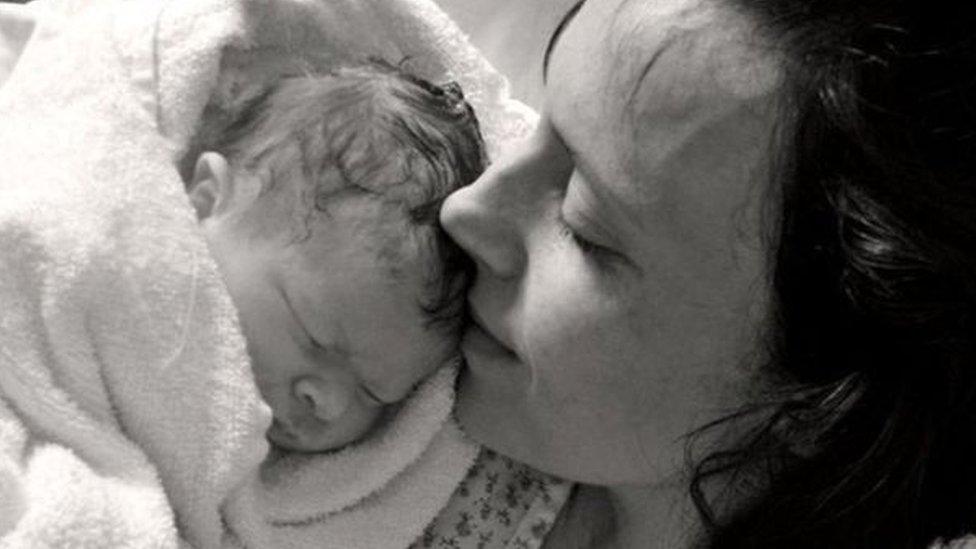
- Published19 September 2018
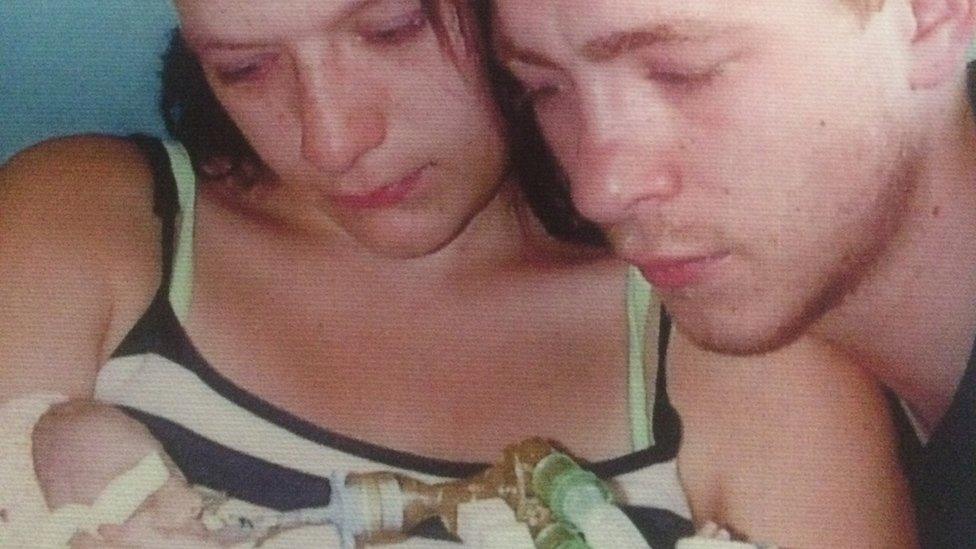
- Published31 August 2018
